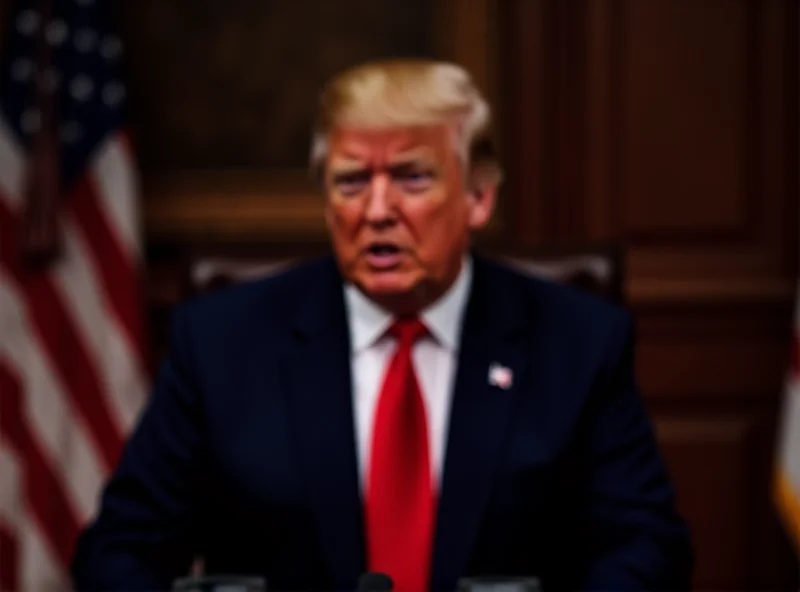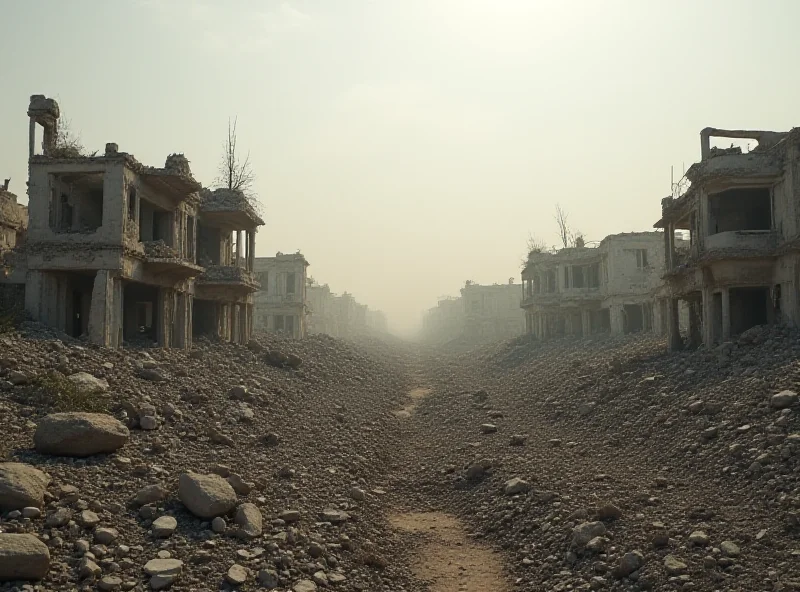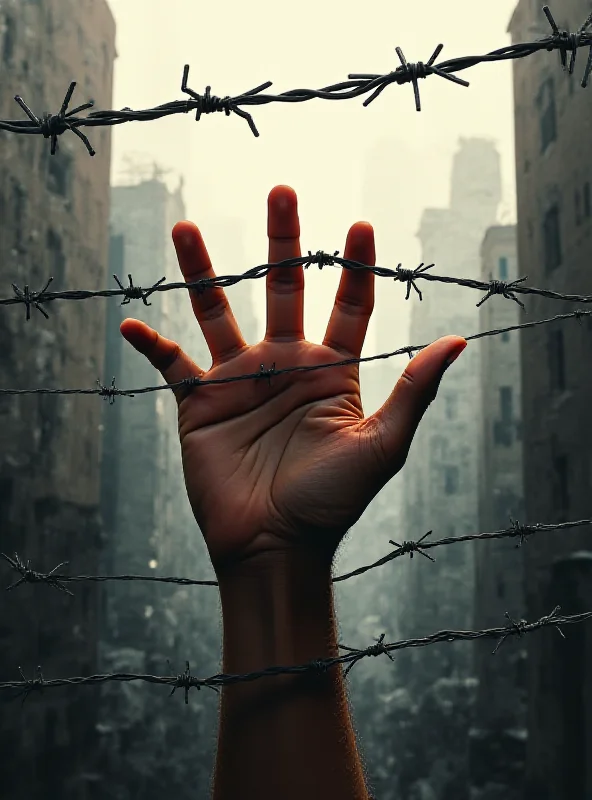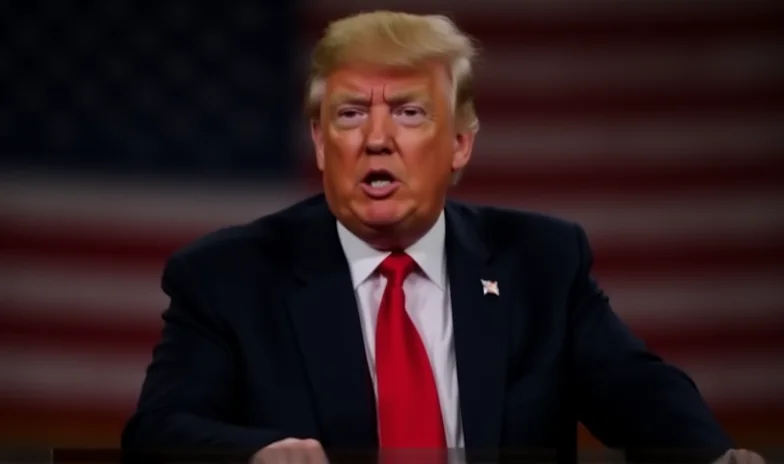President Donald Trump is taking a hard line on the situation in Gaza, focusing on the release of Israeli hostages held by Hamas and pushing forward with plans for the region's future. Despite international pressure and differing proposals, the Trump administration seems determined to stick to its original course.
Hostage Negotiations at a Standstill
Hamas has reportedly ignored what has been called President Trump's "last warning" to release the remaining Israeli hostages. The group insists that any further releases will only occur as part of a lasting ceasefire agreement. This stance puts them at odds with the American president's demands, and further complicates already tense negotiations. The American president ordered on Wednesday that Hamas release the Israeli hostages, threatening 'the people of Gaza': 'If you keep hostages, you are dead!'

Hamas contends that these threats from President Trump are actually encouraging Israel to avoid a ceasefire agreement, further complicating the situation. The Israeli President has praised Donald Trump's "commitment" to the release of the hostages.
Relocation Plans and the Egyptian Proposal
Adding another layer of complexity, the Trump administration is reportedly sticking to its plan to relocate and rebuild Gaza, independent of Hamas's influence. NSC spokesperson Brian Hughes has stated that Gaza is currently "uninhabitable," underscoring the urgency of the situation and the need for a comprehensive rebuilding effort. The White House appears to be dismissing an Egyptian proposal that would potentially offer an alternative approach.
“Gaza is currently uninhabitable,” Hughes stated, emphasizing the need for a fresh start. The details of the Egyptian proposal have not been fully disclosed, but the White House's apparent dismissal suggests a fundamental disagreement on the path forward.

Psychological Warfare and Hostage Videos
Adding to the already fraught situation, Hamas recently released a new hostage video featuring the brother of Iair Horn, a former hostage who was released two weeks prior. Israel has condemned the video as a form of psychological warfare. The release of the video at the end of the first phase of the ceasefire appears to be a calculated move, designed to increase pressure on Israel and potentially influence negotiations.
The video's release coincides with the stalled hostage negotiations and ongoing discussions about Gaza's future, further highlighting the complexities of the conflict and the challenges involved in finding a lasting solution. This situation remains highly volatile, with the fate of the hostages and the future of Gaza hanging in the balance.

It remains to be seen how these competing pressures will ultimately play out, but one thing is clear: President Trump's firm stance is setting the stage for a potentially difficult and protracted negotiation process.
